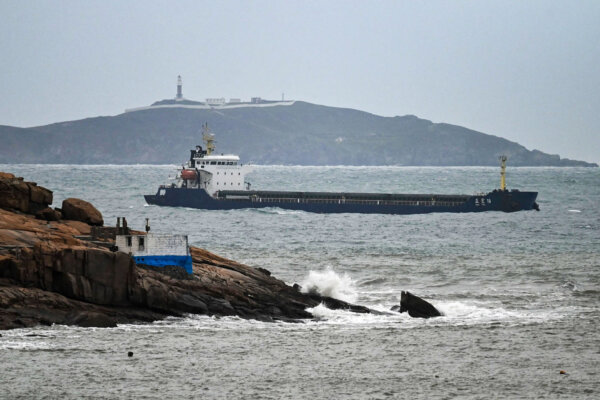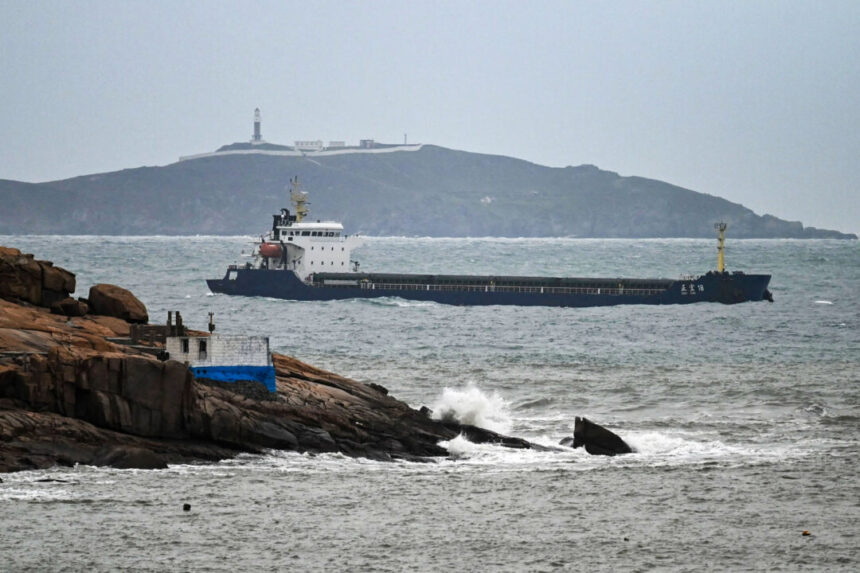
Commentary
China has warned the United States against its recent decision to provide $866 million in defense aid to Taiwan, including tactical radio systems and gun mounts. Beijing’s threat of “playing with fire” on Dec. 22 is an attempt to deter such aid, but it may actually hinder China’s plans for an invasion of Taiwan. The aid is more likely to deter the regime in Beijing rather than provoke it, as the Chinese Communist Party (CCP) would like us to believe. The CCP’s threats are considered “cheap talk” by game theorists.
In response to China’s aggressive actions, the United States and European Union have implemented tariffs, sanctions, and export controls, which are affecting China’s economy and employment opportunities. If China were to invade Taiwan, these economic countermeasures would intensify, potentially causing Chinese exports to major economies like the U.S., Europe, and Japan to dwindle.
If China’s export economy were to shift towards serving poorer consumers in the Global South or focus on domestic consumption, it would incur significant costs. This retooling process would likely lead to negative real GDP growth, decreased tax revenues for the regime, and potential social instability due to declining real wages.
China currently spends as much as $319 billion annually on its military, funded by central government taxes. However, a lower GDP would result in reduced tax revenue and military spending, decreasing the likelihood of war.
To maintain peace, it is essential to target China’s GDP through economic measures until it adheres to international trade rules. The message to the Chinese people should be one of support for their economic development, as long as it does not fuel CCP threats against neighboring countries like Taiwan.
Encouraging nonviolent protests and advocating for market democracy in China could lead to positive reforms and democratization without unnecessary sacrifices. More than 440 million Chinese individuals have renounced their association with the CCP, indicating a potential shift towards democratization and market reforms.
If China demonstrates goodwill by embracing market democracy, the West is likely to reciprocate with economic opportunities. Ultimately, a peaceful and prosperous future for China hinges on its willingness to align with international norms and embrace democratic values.
Views expressed in this article are opinions of the author and do not necessarily reflect the views of The Epoch Times.





